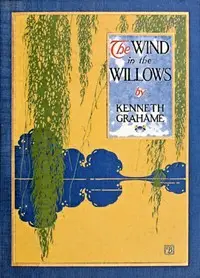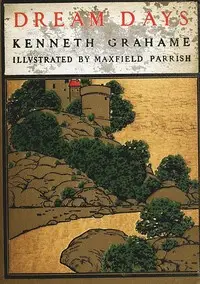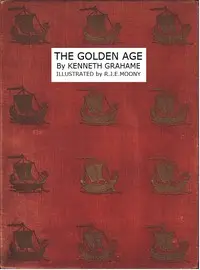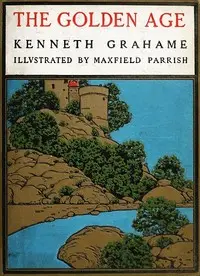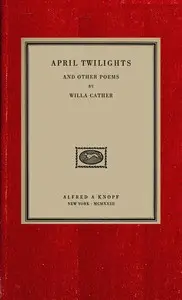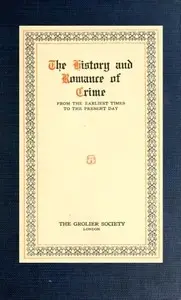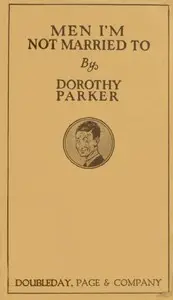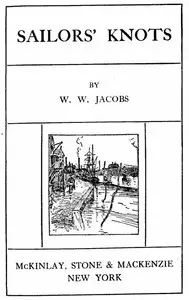"The Headswoman" by Kenneth Grahame is a novel written in the late 19th century. The book explores the unique premise of a young woman, Jeanne, who takes on the hereditary role of the executioner in a quaint medieval town. Set against a backdrop of societal norms and gender roles, the novel delves into themes of independence, ambition, and the challenges faced by women in pursuing careers traditionally deemed inappropriate for their gender. In the story, Jeanne boldly claims her right to become the town's executioner after the death of her father. She defies societal expectations, asserting that she is both capable and deserving of this role, which provides her with artistic satisfaction and independence. As Jeanne navigates her dual identity as a professional executioner and a woman seeking love, her life intertwines with that of a young nobleman who becomes her reluctant client. Their relationship evolves as they challenge the conventions of their respective roles, culminating in an unexpected romance that reveals deeper insights into the nature of profession, identity, and personal desires. Ultimately, the novel combines humor with poignant commentary on the struggles faced by women in a patriarchal society. (This is an automatically generated summary.)

The Headswoman
By Kenneth Grahame
"The Headswoman" by Kenneth Grahame is a novel written in the late 19th century. The book explores the unique premise of a young woman, Jeanne, who ta...
Kenneth Grahame was a British writer. He is best remembered for the classic of children's literature The Wind in the Willows (1908). Scottish by birth, he spent most of his childhood with his grandmother in England, following the death of his mother and his father's inability to look after the children. After attending St Edward's School in Oxford, his ambition to attend university was thwarted and he joined the Bank of England, where he had a successful career. Before writing The Wind in the Willows, he published three other books: Pagan Papers (1893), The Golden Age (1895), and Dream Days (1898).

